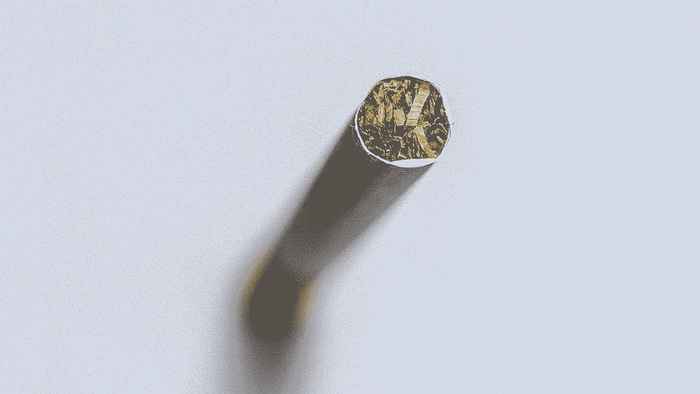UvA Law Students help win case against big tobacco
18 November 2022

The Foundation filed the case in 2018 at the Dutch district court in Rotterdam and during the past four years teams of UvA law students researched and wrote reports regarding complex European legal directives and this support helped win the case.
How did Law students help win a national court case?
The European Law Clinic is part of the Amsterdam Law School and gives students the opportunity to assist clients pro-bono. In 2018 the lawyer in this case (Phon van den Biesen, Esq.) sought support from clinic students over several EU law questions vital to the case. These questions concerned the validity and interpretation of the Tobacco products Directive, transparency requirements, and the conditions under which a national court can or must make a reference to the Court of Justice. These questions were vital to establish whether or not a different method could be used to determine the tar, nicotine and carbon monoxide levels of cigarettes sold on the Dutch market.
The Dutch authorities and the Tobacco industry maintained that only the method developed by the tobacco industry could be used. That method does not allow for accurate measurements that correspond to actual use by smokers.
The current method measures the substances by using the small holes in the filter which allows clean air also to be sucked in and dilutes the harmful toxins. However, in practice, smokers close the holes in the filter with their fingers and lips and this can increase the level of toxins by 3 to 20 times more.
The court ruled that the current procedure to measure the substances that smokers ingest is not sufficient. Therefore, it cannot be guaranteed that these cigarettes are complying with the maximum values and are even more harmful and addictive than the Tobacco Industry suggests.
Over a period of four years several teams of students wrote memo’s and reports for Phon van den Biesen, Esq. as part of the Clinics course. Teams of four students would work on the case for a semester.
Why did it take so long?
In 2018 the Youth Smoking Prevention Foundation asked the NVWA to take action against the way cigarettes are tested in the Netherlands. The NVWA refused and the Foundation filed the case. Due to the law being a European Directive, the district court of Rotterdam went to the European Court of Justice to obtain a ruling on the interpretation and validity of the Directive. In February 2022, the ECJ agreed that the Directive permitted other methods to be used than the one devised by the tobacco industry. Finally the district court ruled in their favour on Friday 4 November 2022. The NVWA now has six weeks to respond.
It is a huge success for the Youth Smoking Foundation and the 14 other plaintiffs including many health organisations, doctors and charities. The case has attracted a lot of media attention and some of the articles are available below to read.
This is just one example how the Amsterdam Law School lives up to its mission statement:
“Progressive and trail-blazing education and research – for stronger legal institutions, solutions to social problems, and a better and juster society’’
Click here to find out more.